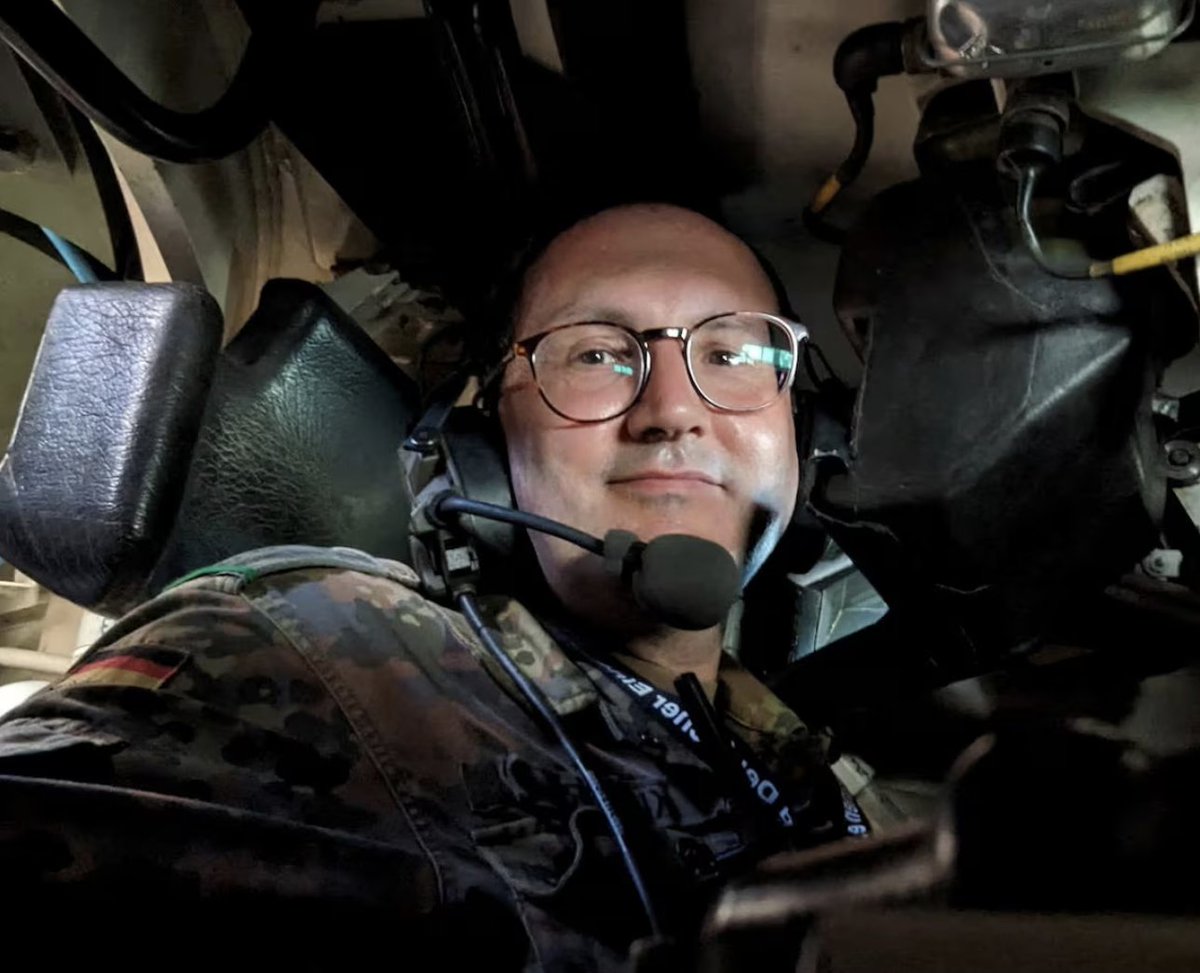Ukraine’s war has turned veterans into Europe’s new defence entrepreneurs.
Reuters: Ex-soldiers now run 1 in 4 of the region’s 80 defence startups. VC funding hit $5.2bn in 2024 — up 500% from pre-war levels — as Ukraine’s frontlines forced rapid testing and scale. 1/
Reuters: Ex-soldiers now run 1 in 4 of the region’s 80 defence startups. VC funding hit $5.2bn in 2024 — up 500% from pre-war levels — as Ukraine’s frontlines forced rapid testing and scale. 1/

Frontline use in Ukraine cut development from years to months.
Units return faults after missions in Bakhmut or Kharkiv, and startups issue fixes within weeks. Civilian-only firms cannot match this pace. 2/
Units return faults after missions in Bakhmut or Kharkiv, and startups issue fixes within weeks. Civilian-only firms cannot match this pace. 2/
Veteran-founded Quantum Systems, now valued at $1bn, supplies reconnaissance drones to Ukraine.
Other firms include Stark (drones), Arondite (battle-planning software), and Kyiv-based Terminal Autonomy, which shifted from kamikaze drones to cruise missile work. 3/
Other firms include Stark (drones), Arondite (battle-planning software), and Kyiv-based Terminal Autonomy, which shifted from kamikaze drones to cruise missile work. 3/
German veteran Matt Kuppers co-founded Defence Invest.
He spotted that an Austrian anti-drone gun lost accuracy when the barrel overheated — an error missed by civilian founders. His firm now tests the system with Austria’s army. 4/
He spotted that an Austrian anti-drone gun lost accuracy when the barrel overheated — an error missed by civilian founders. His firm now tests the system with Austria’s army. 4/
Ex-German officer Marc Wietfeld built ARX Robotics. His unmanned ground vehicles are already in Ukraine. “You can’t solve a problem you don’t know,” he said, explaining why combat experience shaped the design. 5/
Ukraine’s 3rd Assault Brigade lost €300k on an unmanned vehicle that broke down in combat.
Soldier Viktoriia Honcharuk said: “I wish more companies were founded by military people,” after the failed system cost both money and time. 6/
Soldier Viktoriia Honcharuk said: “I wish more companies were founded by military people,” after the failed system cost both money and time. 6/
Procurement knowledge gives veterans an edge. They know NATO and defence ministry standards, helping startups pass certification and deliver systems to Ukraine that civilian founders struggle to get approved. 7/
McKinsey data: European defence tech VC rose 500% in 2021–24 compared to 2018–20.
NATO Innovation Fund and Dealroom tracked $5.2bn raised in 2024, much of it tied to equipment tested or deployed in Ukraine. 8X
NATO Innovation Fund and Dealroom tracked $5.2bn raised in 2024, much of it tied to equipment tested or deployed in Ukraine. 8X
Source: reuters.com/business/aeros…
• • •
Missing some Tweet in this thread? You can try to
force a refresh







